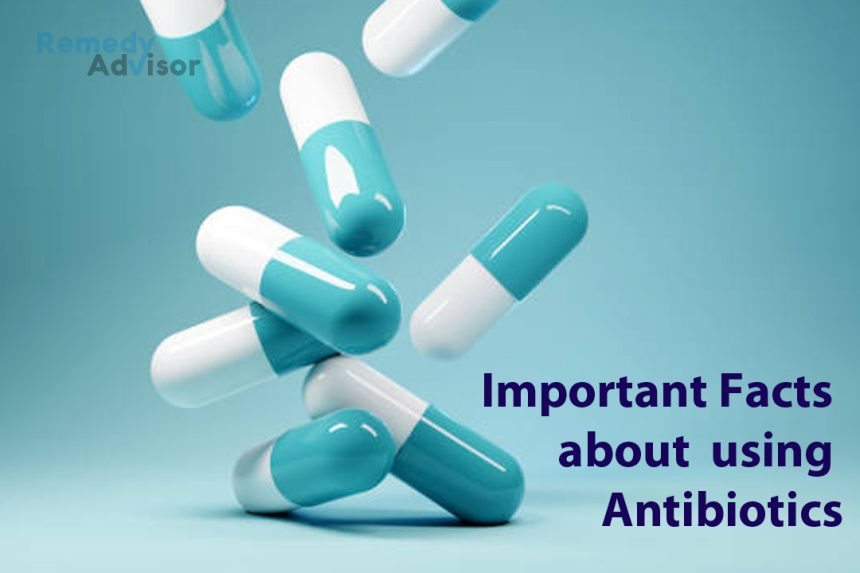The development of antibiotics in the 1940s was one of the biggest breakthroughs in medical history. Many infections that had been deadly pneumonia, tuberculosis, dirty wounds, meningitis suddenly could be treated.
Unfortunately, antibiotics proved so effective in treating these bacterial infections that many doctors started to prescribe them for colds and other viral infections for which antibiotics are completely ineffective.
Doctors should know better but they are often only too willing to oblige their patients, who often request antibiotics.
One study found that doctors prescribed antibiotics for two out of three patients with colds. Some gave antibiotics to virtually every cold sufferer who walked in the door.
Needless antibiotics waste billions of dollars. And when you take an antibiotic you don’t need, you risk side effects ranging from yeast infections to life-threatening allergic reactions. And as you may have heard, the rampant overuse of antibiotics is fueling the development of drug-resistant bacteria.
Many antibiotics that were once highly effective have now been rendered useless and the problem is getting worse all the time. We risk returning to an age in which there is no effective treatment for certain infections.
The key, of course, is to use antibiotics only when you really need them. That way, they’ll be more likely to work. Here’s what I recommend
• Don’t ask your doctor for antibiotics
Given how often antibiotics are overprescribed, if your doctor says you don’t need one, chances are you don’t. If your condition worsens, you can always return.
• If antibiotics are prescribed, take the frill course of pills
Many patients stop taking antibiotics when they feel better. That’s a big mistake. If the infection is not quite eradicated, the bugs are likely to develop resistance.
• If you find any leftover antibiotics in your medicine chest, throw them out
Some people who fail to finish a course of antibiotics save their leftover pills, thinking they can use them later for another illness.
But taking antibiotics before you see the doctor thwarts his efforts to diagnose you. You probably won’t have enough pills to treat an infection properly anyway.
• Take antibiotics for a sore throat only if you get a clear diagnosis of strep
If you have a sore throat, your doctor should order a throat culture and prescribe antibiotics only if the culture indicates Group A streptococcus bacteria. In adults, fewer than 10% of sore throats are caused by strep.
• If you’re over age 65 or have a chronic illness, get a pneumococcal pneumonia vaccine
The Pneumovax vaccine prevents the leading cause of bacterial pneumonia which is one of the leading causes of death.
• When you get sick, listen to your body
Many of the requests I get for needless antibiotics come from people who refuse to slow down when they get sick. When you’re ill, you need rest. If you go to work when you’re not up to it, you risk infecting your coworkers and staying sick longer. You probably won’t get much work done either.
• Don’t let a doctor prescribe antibiotics without examining you in person
In these days of cost-cutting, HMOs and some doctors now try to cut costs by having you not come in for a visit. Instead, they’ll offer you a prescription for an antibiotic often one that isn’t needed over the phone. This strategy is convenient for doctors and patients and good for business. In general, though, it’s lousy medical care.







